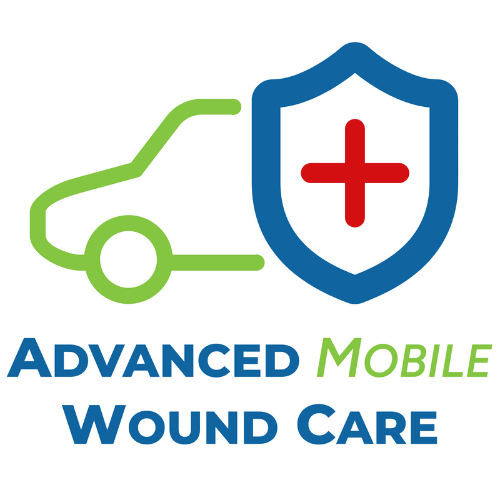Empowering families through patient advocacy in wound care—because healing starts with being heard.
Wound care can feel overwhelming, especially when you or someone you love is struggling with a slow-healing or chronic wound. With multiple providers, treatment options, and decisions to make, it’s easy to feel unsure or even overlooked. That’s why patient advocacy in wound care is so important. Whether you’re navigating hospital care, home health, or outpatient services, knowing how to ask questions, express concerns, and seek the right support can lead to better outcomes and a smoother healing journey.
Ask the Right Questions from the Start
Being an advocate starts with curiosity—and courage. It’s okay to ask providers to slow down, repeat information, or explain their recommendations in plain language. The more you understand, the more confident you’ll feel about the treatment plan.
Some helpful questions to ask might include:
- What type of wound is this, and how serious is it?
- What’s the expected timeline for healing?
- What dressing or treatment are you using, and why?
- Are there risks of infection or complications?
- How often should we expect follow-up care?
There’s no such thing as a “dumb” question—your voice matters in every decision. If something doesn’t feel right, speak up. Providers who value patient-centered care will always welcome your involvement.
Understand Your Options and Treatment Rights
Many patients don’t realize they have choices in how, and where, they receive wound care. You’re not limited to one clinic, hospital, or provider. From advanced biological dressings to mobile wound care services, there are often multiple approaches to managing a wound effectively.
If a wound isn’t improving or if you’re unsure about the plan, you can:
- Ask for a second opinion
- Request updated assessments or wound cultures
- Discuss alternative therapies or referral to a specialist
- Inquire about mobile wound care if transportation is a challenge
Advocating for better care isn’t about being difficult—it’s about being informed. If healing has stalled, that’s a red flag worth exploring.
Build a Support Network and Document Everything
Advocacy is easier when you’re not doing it alone. Whether you’re the patient or the caregiver, having another set of ears can be helpful during appointments. Keep a notebook or digital record of:
- Treatment dates and changes
- Photos of the wound (if permitted) to track progress
- Symptoms or concerns that arise between visits
- Questions to ask at the next appointment
This record becomes your reference—and your leverage—if you need to request changes in care.
You Deserve to Be Heard and Supported
Wound care isn’t just clinical—it’s personal. Pain, frustration, and fear can all affect how well someone heals. That’s why compassionate providers value not only clinical skill but communication, transparency, and trust.
If you or a loved one is feeling unheard or unsupported, don’t wait. Seek providers who listen, educate, and include you in the process. Our mobile wound care team believes in meeting patients where they are—literally and emotionally. We bring expert care to your home and always take the time to answer your questions and involve you in every step.
Need a team who listens and treats the whole patient? Contact us today to learn how our mobile wound care services can support your healing journey.





